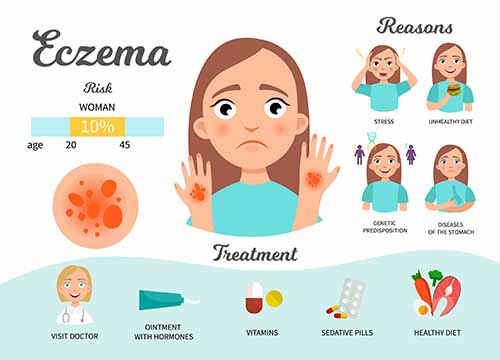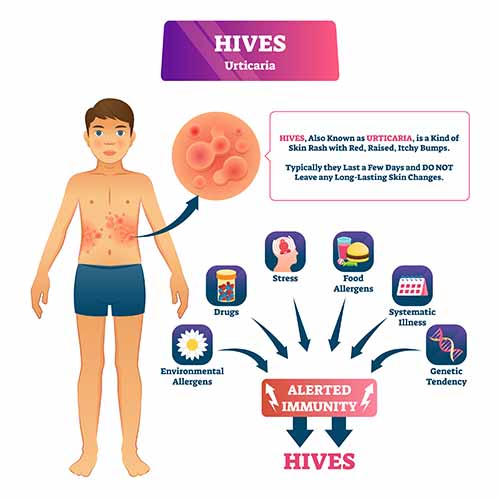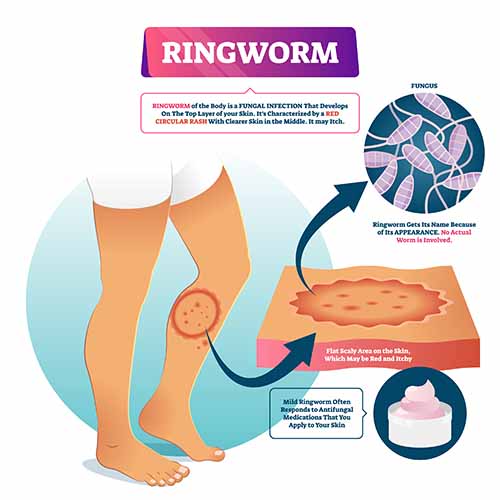There are different types of skin rashes, but the most common ones include athlete’s foot, eczema, scabies rash, ringworm, psoriasis, hives, and seborrhoeic dermatitis. Other signs and symptoms of skin rashes include blisters, scaling, ulceration, bumps on the skin and discoloured skin. While these skin rashes may be a cause of environmental allergens, stress, bacterial infections, or over the counter medications, you need to make sure that a skin rash isn't more than just a rash.
3 Common Dermatologic Diagnoses You Need To Know
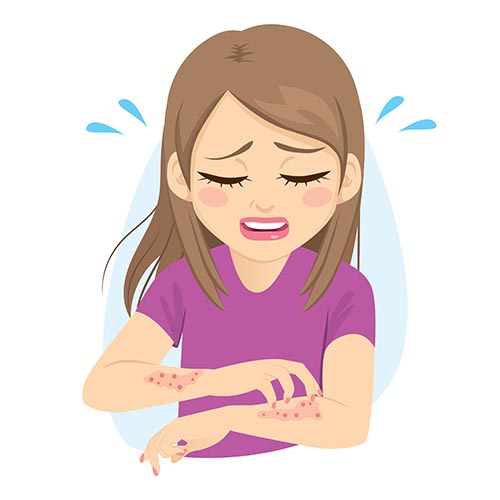
1. Stress Rash
Everyone deals with a stress rash at some point. A stress rash is often caused when your immune system reacts to an allergen. However, it can also be caused by an illness, a viral infection or an environmental trigger. If you have a pre-existing skin condition like rosacea or psoriasis, then stress may worsen your existing skin condition.
Why Does This Happen?This happens because when you're stressed, your body releases neurotransmitters and neuropeptides that can change the way your body responds to different functions. This change can trigger skin inflammation, itchy skin and sensitivity. However, if you're experiencing bumps that are swollen, inflamed and itchy, then you might have hives. Fortunately, hives can be treated at home with Manuka essential oil.
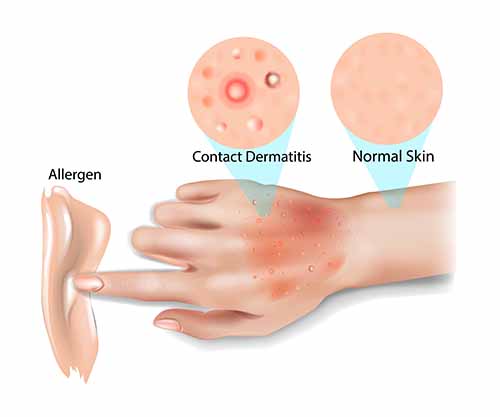
2. Allergy Rash
An allergy rash causes itchy skin, redness and bumps or blisters. This rash often arises when your skin is exposed to an allergen or if you come in contact with certain chemicals, pets, clothing, harsh soaps, nickel, jewellery, or substances like poison ivy. Certain foods can also cause itchy skin, red bumps, swelling, or an allergy rash.
The easiest way to avoid an allergy rash is to avoid exposure to that specific substance, food or product. Medicated creams and over-the-counter creams are helpful in clearing an allergy rash.
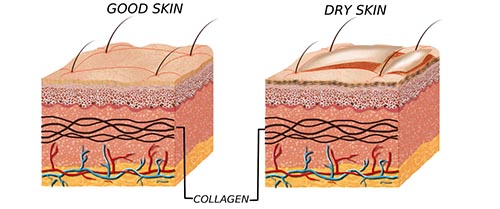
3. Scaly Rash
If scaly skin leaves you uncomfortable and causes an intense itch, it may just be due to dryness. The outer layer of your skin is made up of a mixture of natural oils and dead skin cells. When this layer is damaged, the natural moisture level is depleted, and the cell renewal process is derailed. Exposure to sunlight, harsh chemicals, certain medications and ageing are other factors that can cause scaly skin rashes and itchy skin.
When Is A Skin Condition More Than A Scaly Rash?
A minor skin rash can be easily treated with a skin repair spray, essential oils or scaly rash ointments. However, if you have any of the following signs or symptoms then you need to speak with a skin specialist:
- Pain and fever accompanying your skin rash
- A skin rash that starts blistering
- A persistent scaly rash that isn't improving even with over-the-counter creams
- Any swelling or bruising around the skin rash
- Any secretion or coloured discharge from a scaly rash
- A skin rash that is spreading quickly
- A skin rash that is circular in shape
- Yellowing of the skin
- Any changes in the skin texture or colour
What Can You Do Now?
Overview
Depending on the diagnosis, your dermatologist may provide specialised treatment and if you're suffering from dry skin, then a soothing cream with active manuka honey may be all that you need!
In the case of dermatitis, hives, or eczema, you may be prescribed a corticosteroid cream to relieve your dryness and itchiness and if you have an allergy rash, it could be treated with oral antihistamines. Fungal skin infections like athlete’s foot and ringworm can be treated with topical treatments while the intense itchiness caused by insect stings and bites can be treated with topical antihistamines.
